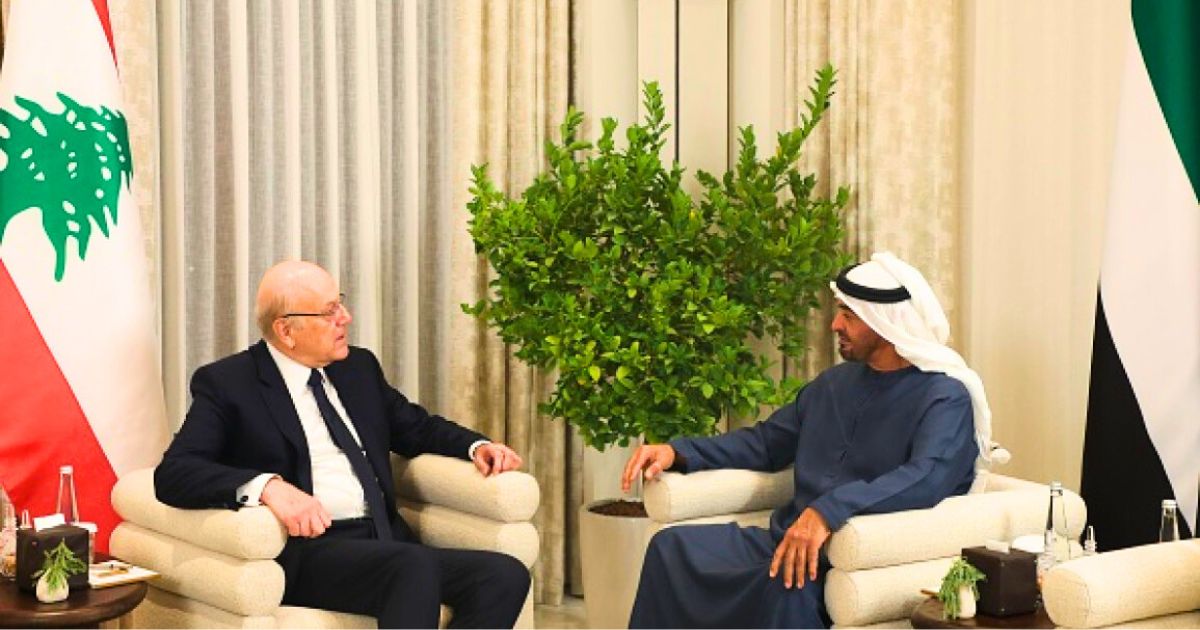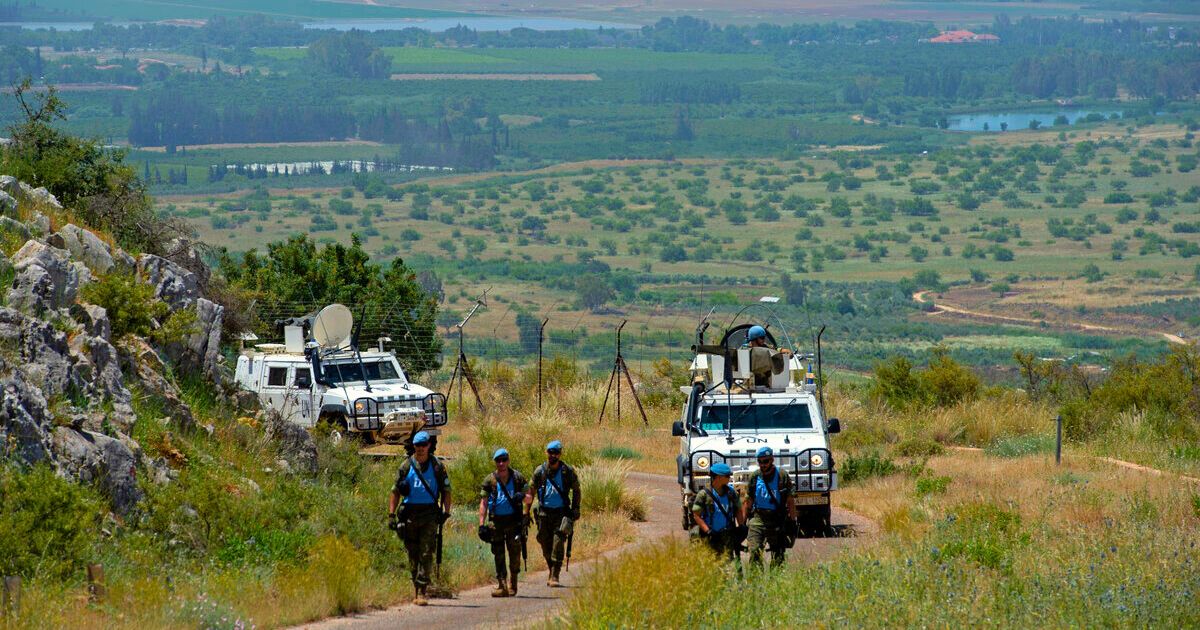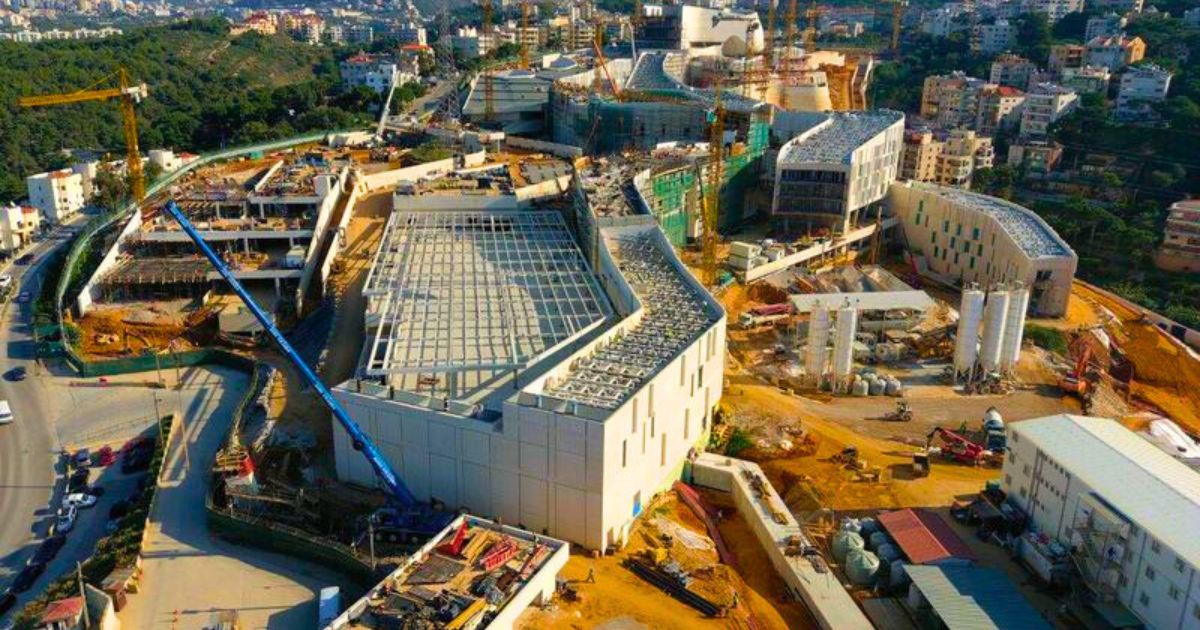“Lebanon’s present and future will remember [tomorrow] as the day when our country formally entered the club of oil states,” President Michel Aoun uttered this line in his speech when he announced on Wednesday the beginning of Lebanon’s oil-drilling operations.
But is it accurate to say that Lebanon has become a “member” of the club of oil-producing countries as it is circulating online?
Claim: By launching its first oil-drilling operation, Lebanon has joined the club of oil-producing countries.
Verdict: Not yet true… It’s still too early to be making such an assertion because Lebanon has, so far, barely scratched the surface of the production process.
Context:
The Approximate Timeline of Petroleum Production in Lebanon:
What Lebanon just launched on Thursday is only an explorative operation that may or may not uncover enough oil/gas volumes considered feasible for commercial usage.
The drillship that’s operating in Lebanese waters is undergoing the first step of the process that is formally known as hydrocarbon exploration. This step involves digging what’s called an exploration well.
During this process, which incorporates petroleum geology, deposits of hydrocarbons (oil and gas) are searched for by identifying specific rock formations that indicate the presence of such deposits at certain depths (1 km on average).
Drilling an exploration well usually takes around 1-3 months (in our case it’s expected to be approximately 2) before any conclusions can be made regarding the presence or lack of resources in a designated spot.
The sole goal of this step is to gain the required information before the following steps can be commenced. But 2 months is nothing compared to the time it takes to begin extracting the petroleum!
After an exploration well is drilled, an appraisal well follows. The goal of this well is to evaluate the potential that a hydrocarbons reservoir holds, and whether or not there’s enough inside it to be extracted and sold.
In Lebanon’s case, according to the estimations of the Lebanese Oil and Gas Initiative, no appraisal well can be expected to complete before 2021.
After the appraisal well is finished, and if it contains enough resources, the operating company decides to invest and proceed towards extraction. This should take place in 2022.
Once the decision is made, fast-forward 4 years to 2026, the operating consortium requests the government’s approval of its development plan, which includes the construction of the required extraction platforms, infrastructure, and pipelines.
Construction then ensues within 1-2 years, if all goes well with the government, and extraction finally follows in another 1-2 years later, in 2029.
Until then, Lebanon cannot be called an oil-producing country. For now, the closest title that practically applies to our nation is oil-seeking or oil-exploring.






